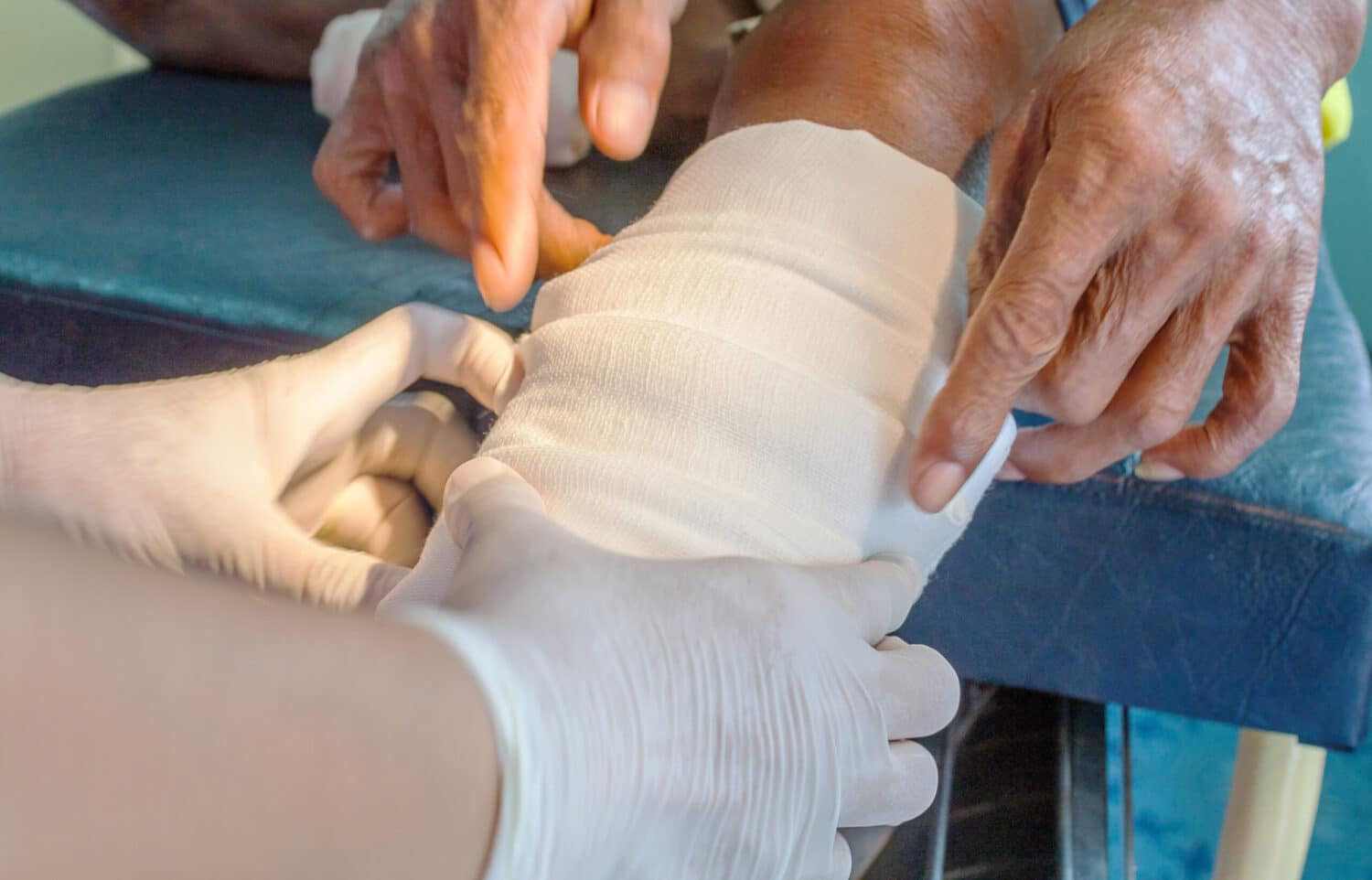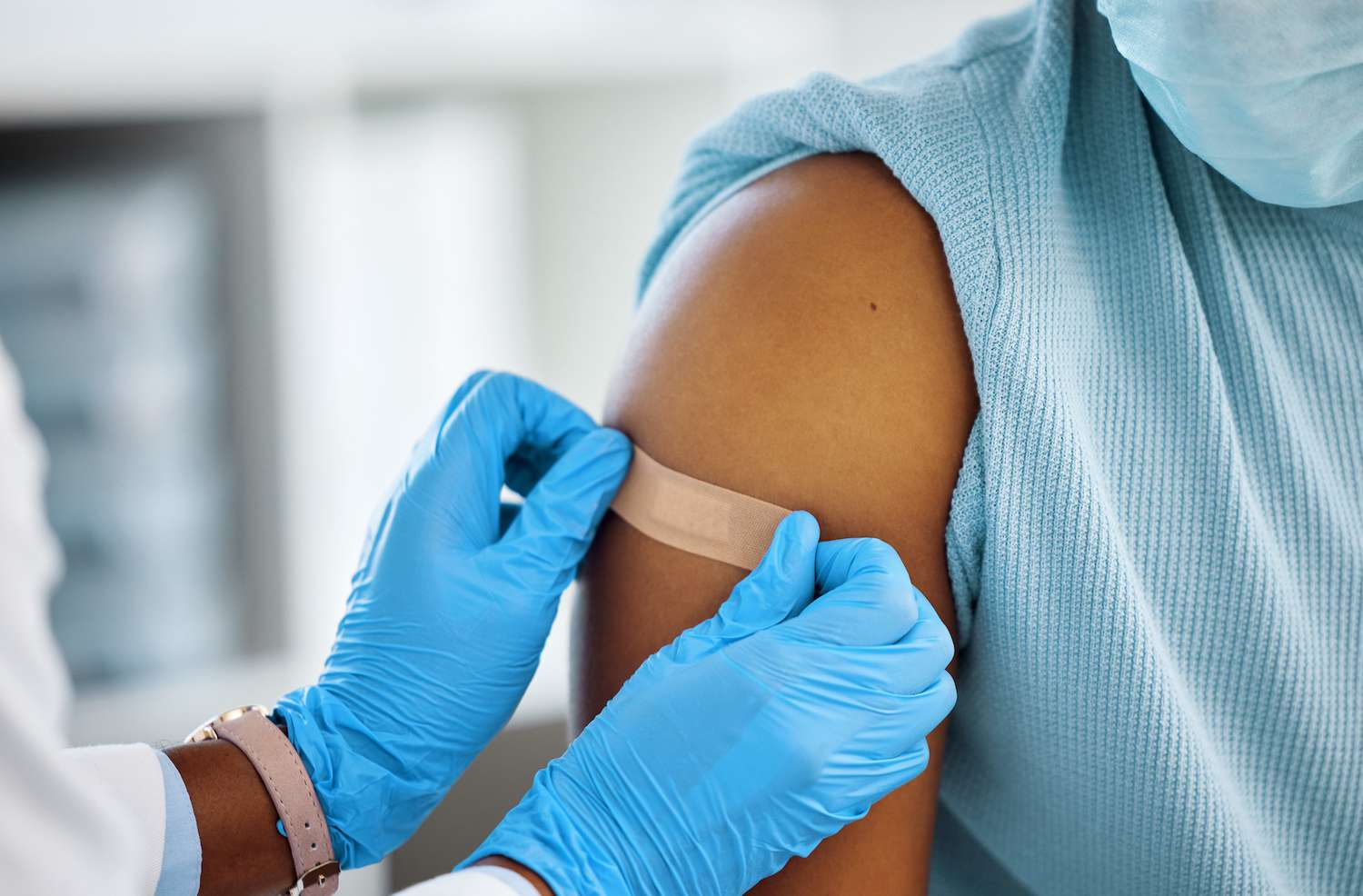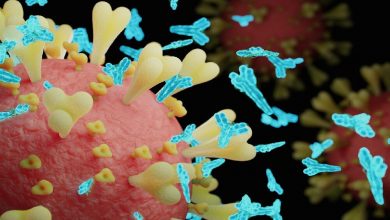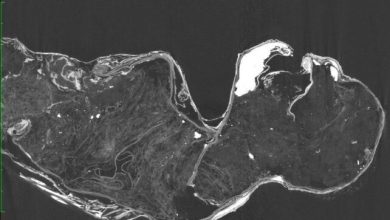An adhesive bandage is a type of adhesive used to repair wounds and to strengthen dressings. Adhesive plaster sensitivity is a rare problem that usually occurs in some people with special conditions. But because an allergic reaction to a bandage and bandage has uncomfortable symptoms, it’s essential to treat it quickly. It is possible to treat an allergy to the adhesive plaster in various ways; But the cause of the allergy must be determined first.
Allergy to adhesive dressing. Dangerous or treatable?
In the rest of this article, we will talk about the treatment of adhesive plaster allergy and its different methods. So, if you are also facing this issue and still haven’t found a solution to it, stay tuned for the rest of this article.

Why are we allergic to adhesive plaster?
Adhesive bandage and wound adhesive are medical products that sometimes need to be used, and they become a necessity. But sometimes, due to their own circumstances, some people have an allergic reaction to the adhesive bandage and to the wound plaster. In general, if you have sensitive skin or have a history of allergy to a series of substances, you may be allergic to the adhesive bandage.
But another reason for allergic reactions to bandages is that people with wounds use different products to treat their wounds. Topical creams, various medications, etc., each of which can increase the sensitivity of the skin to external agents. Because of this, some people will be more sensitive to adhesive plaster because of the use of these medications.
Symptoms indicate the presence of an allergy
To treat an allergy to the adhesive plaster, it is necessary first of all to identify the symptoms that indicate the presence of this allergy in yourself. In general, the symptoms of skin allergy are interrelated and similar. So, based on these symptoms and as soon as you see them, you should consider determining the cause of skin allergy. Among the symptoms that indicate skin sensitivity are symptoms such as redness of the skin, hives, burning sensation in the skin, etc.
If you notice any of the mentioned symptoms after using the adhesive bandage, it is best to seek a suitable solution to treat the allergy to the adhesive bandage.

Can adhesive plaster allergy be treated?
One of the common questions raised by people who are allergic to an adhesive plaster is, is it possible to treat an allergy to an adhesive plaster? In fact, we must say that the treatment is nothing other than avoiding contact with the allergens. Therefore, if you are looking to treat your allergies, you should avoid the allergens.
But before any action is taken to treat an allergy to an adhesive plaster, the cause of the allergy and the type of allergy must be determined. Then, you can get help from various solutions to treat your skin sensitivity and reduce the symptoms.
Different ways to treat adhesive plaster allergy
To treat an adhesive plaster allergy, the best approach is to stay away from the adhesive clothing that causes the allergic reaction. Considering the variety of products available in Iran, suitable methods can be used to treat adhesive plaster allergy. Also, there are many hypoallergenic adhesives designed for sensitive skin. Usually, the latex in adhesive bandages can cause skin allergies. For this reason, adhesives of plant or flax origin are a better choice for adhesive dressing.
Another method that you can use to alleviate the symptoms and treat an allergic reaction to the adhesive plaster is to use anti-allergy medications or anti-allergy creams, of course you should go to the doctor to use any of them.

When is it necessary to see a doctor to treat an allergy to an adhesive plaster?
Fortunately, an allergic reaction to an adhesive plaster is a rare problem that only affects some people. But if you’re also experiencing allergy symptoms from bandages and bandages, it’s not a bad idea to consider getting them treated now. In most cases, the problem of skin sensitivity is also solved with the use of hypoallergenic adhesives.
But if you do not notice an improvement in the condition of your skin after the course of treatment, it is better to see a doctor. Also, in case of severe allergy symptoms such as shortness of breath, severe cuts, severe burning at the wound site, etc., you should see a doctor to check the symptoms. Finally, we must say that whenever your symptoms are bothersome, you should go to the doctor to get the necessary care.
Finally, we have shared all that is needed with you, but if you want to know more about it, you can refer to the article on healthline.










